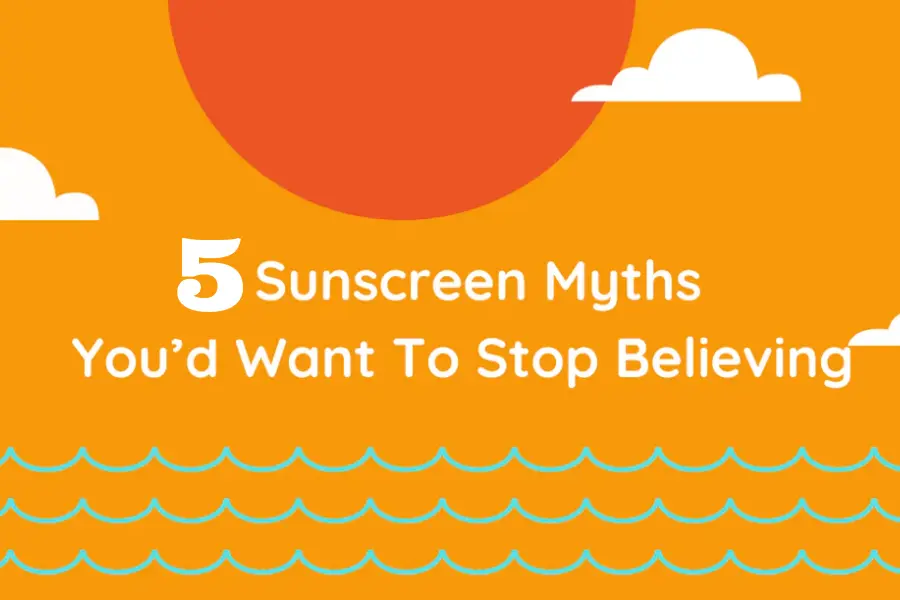
In the realm of skincare, few products are as crucial as sunscreen, yet it remains one of the most misunderstood. Despite the mountains of evidence supporting its benefits, misconceptions about sunscreen persist. It's time to debunk these myths with Dr Vedant Ghuse - a renowned skin specialist near Chembur, and embrace the truth about sunscreen. Here are the top five myths about sunscreen that you must stop believing now.
You must have come across sunscreens with several numbers associated with them like 15+,30+,50+, etc. However, a higher number doesn’t give you a free pass to stay longer in the sun without applying sunscreen.
A sunscreen does its work for only two hours, and after that, you must reapply generously. The numbers illustrate the amount of protection the sunscreen has to offer, and not how long they last.
Professionals like Dr Vedant Ghuse, a trusted skin specialist in Chembur, recommend using sunscreen with SPF 30+ or higher for optimal protection.
Do not fall for the marketing gimmick of companies that market their sunscreens as waterproof, because, in reality, they are not. You might come across the word ‘water-resistant,4 that doesn’t make them water-proof.
Swimming or sweating reduces the layers of protection that make it necessary for you to reapply your sunscreen. Moreover, you need to reapply it after every hour due to increased water contact.
While it is a good thing that your makeup contains SPF, it will not offer adequate protection because you don’t apply makeup as comprehensively as sunscreen. Certain parts will remain exposed, which negates the effectiveness of makeup with SPF.
Regardless, after a while, the SPF wears off and you will be required to reapply. It is best to form a protective layer with sunscreen and then apply your makeup to avoid any sun damage.
Irrespective of the season or climate, you remain susceptible to sun damage. You need to apply and reapply your sunscreen as you would on a warm and sunny day.
People often tend to give sunscreen a miss while on the beach on a cloudy day. However, what they don’t realise is that they are getting affected by the sun twice. One is directly from the sun, and the other is when the rays bounce off the sand or water.
One needs to understand that unexposed sun exposure is not the ideal way to receive Vitamin D. Furthermore, no matter the number of times you apply sunscreen or how high the SPF is, some UV rays will still reach your skin.
You can boost the production of Vitamin D by having a healthy diet that comprises cheese, egg yolks, fatty fish, milk, etc. You can also ask an expert like Dr Vedant Ghuse- a leading dermatologist in Chembur to suggest supplements that can help you receive an adequate amount of Vitamin D.
By understanding the facts and debunking the falsehoods surrounding sunscreen with the help of professionals like Dr Vedant Ghuse - a trusted skin doctor in Chembur, we empower ourselves to make informed decisions about our skincare routines. Let's embrace sunscreen as the essential shield against sun damage that it truly is, ensuring our skin stays healthy, youthful, and protected for years to come.